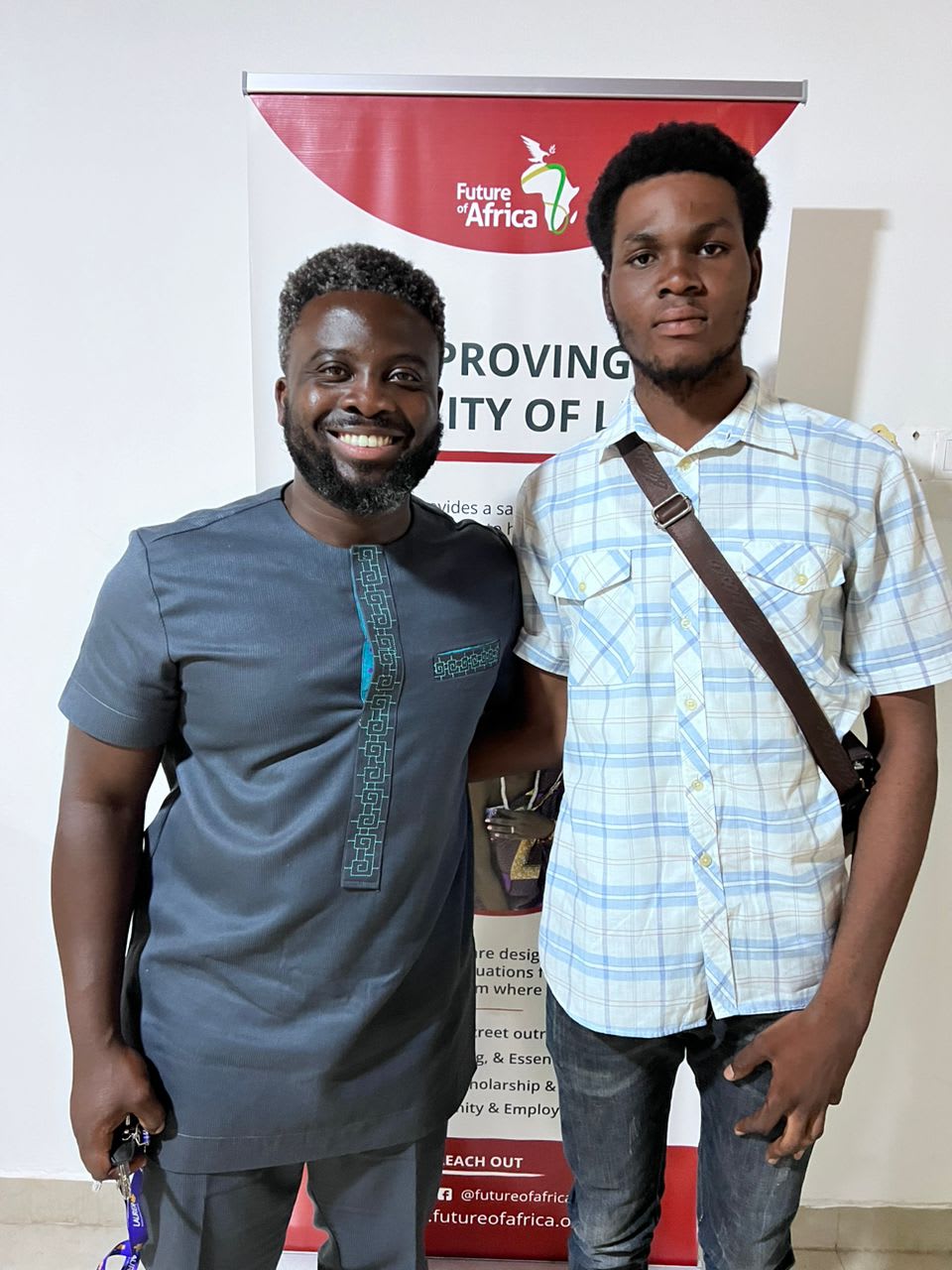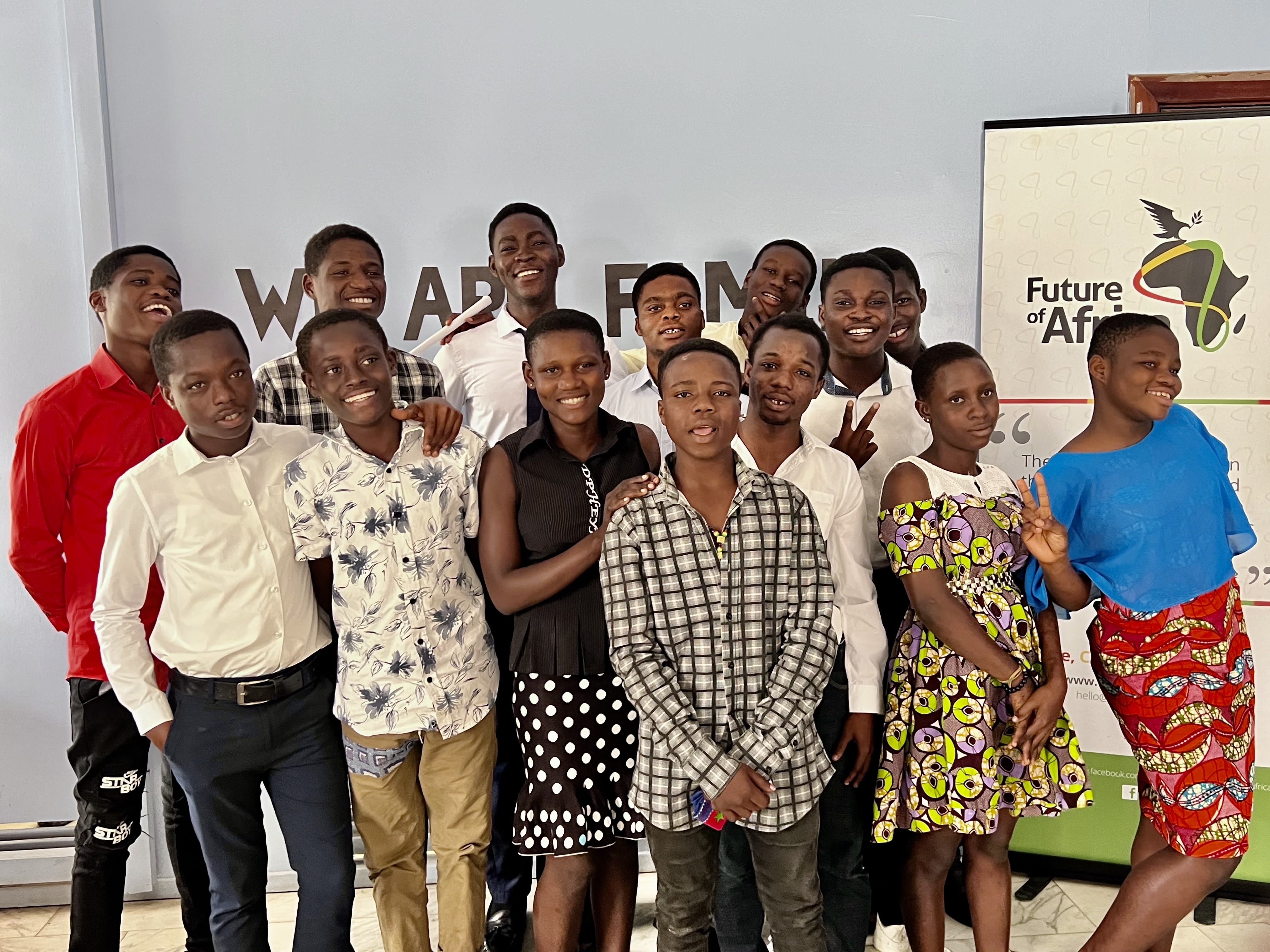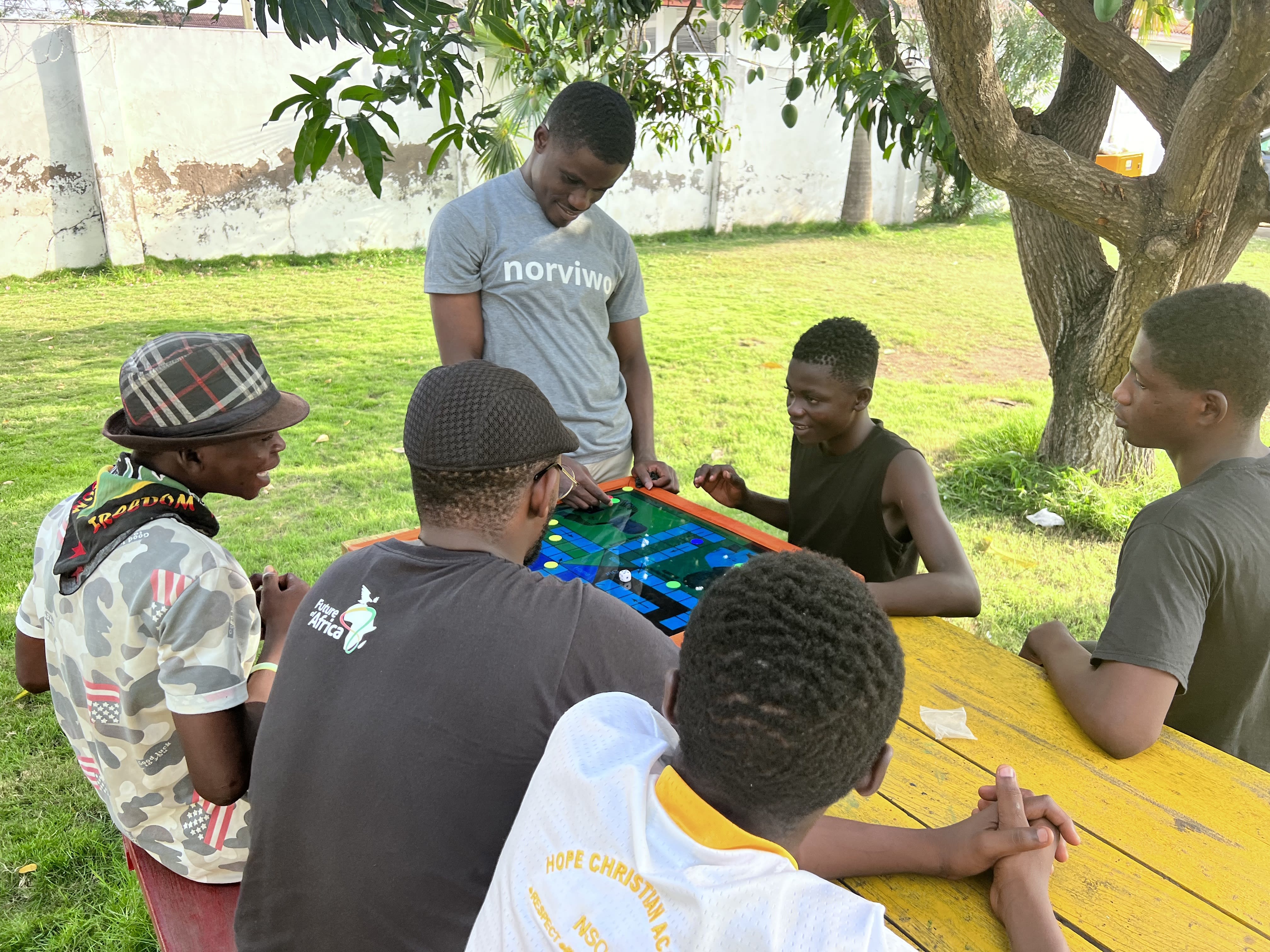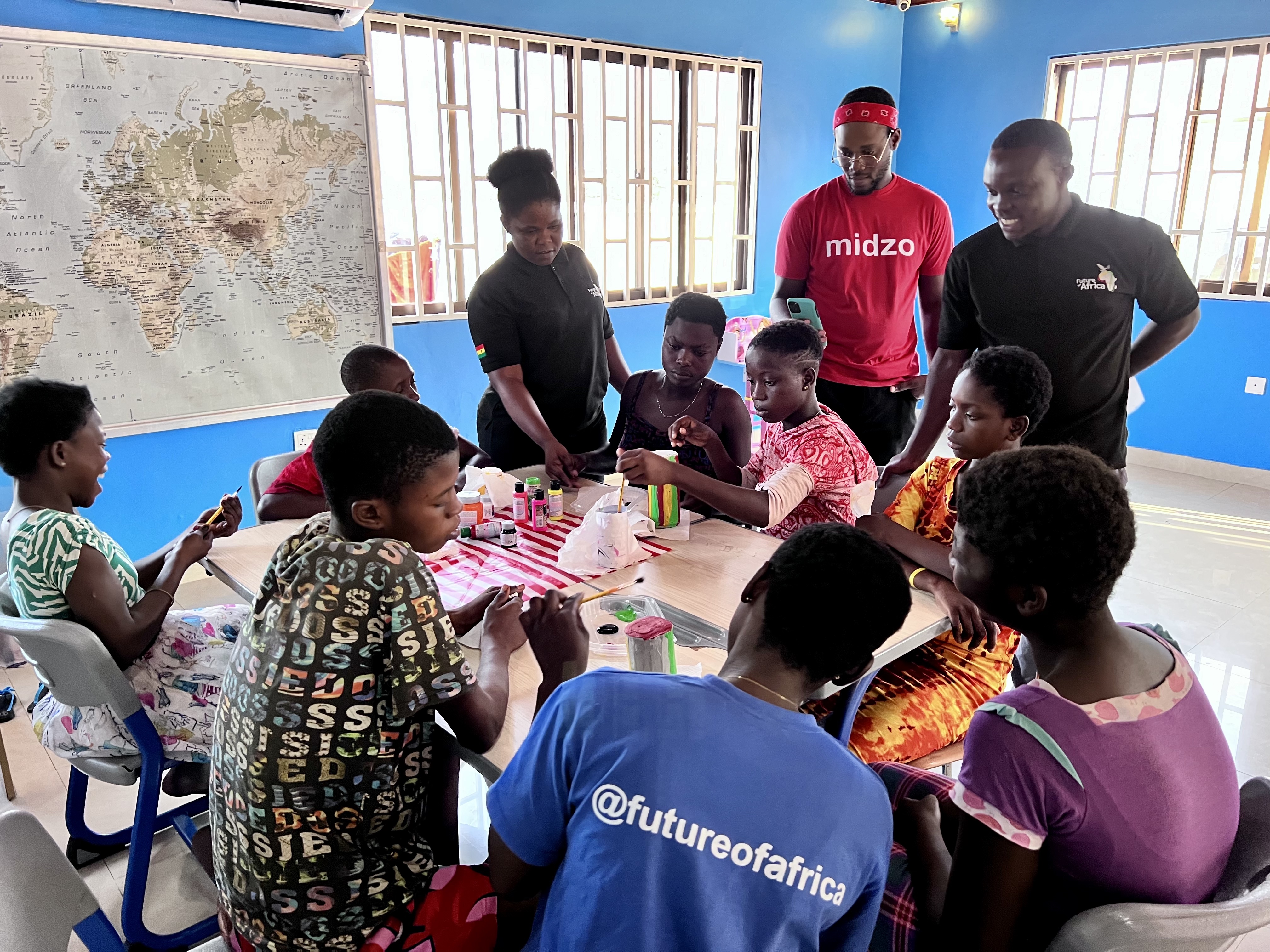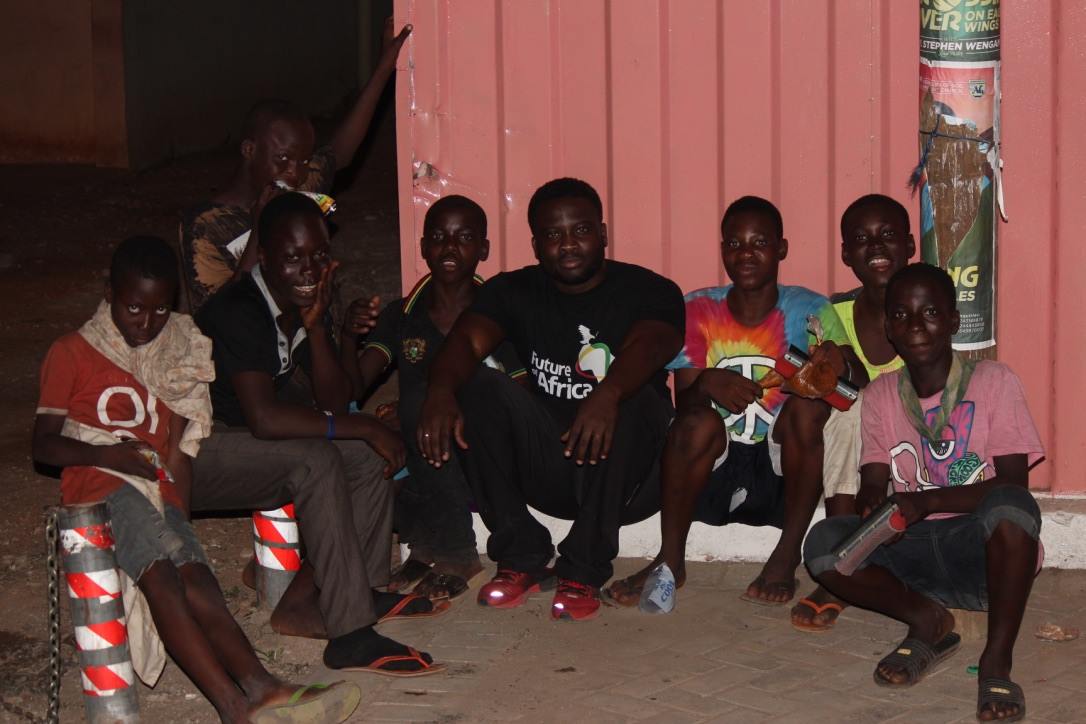
TK returned to Ghana hoping to inspire Ghanaian youth to achieve their dreams. But he soon realized there were many children living in street situations, and without any hope for the future.
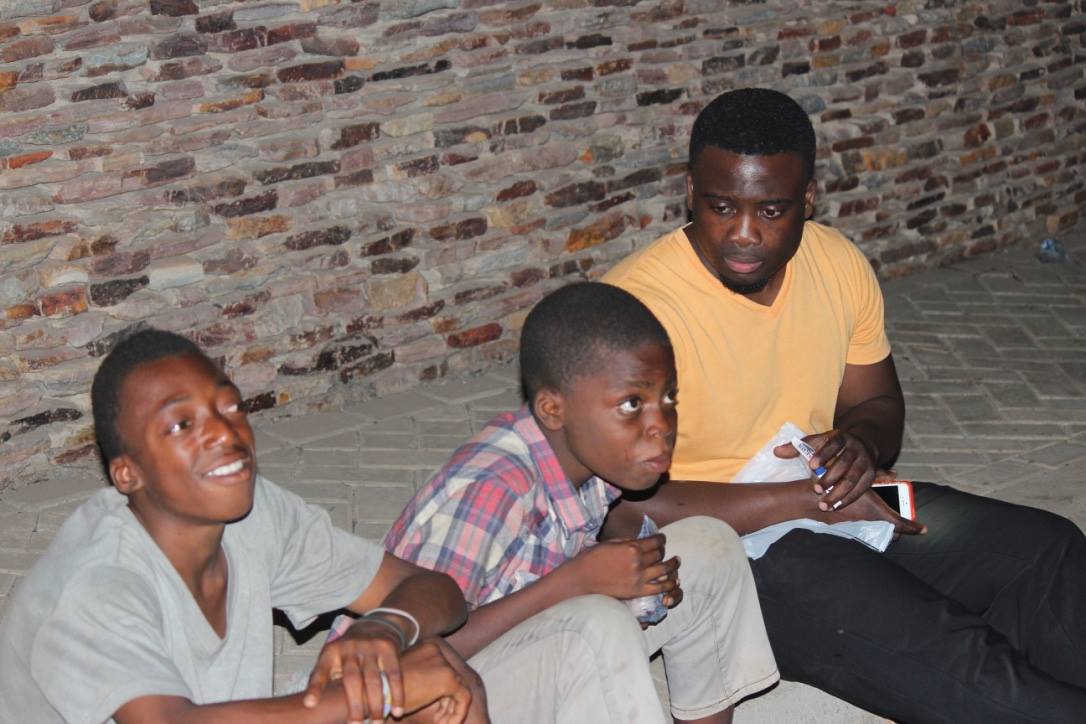
TK is the founder and president of Future of Africa. He has had a passion for young people for many years, and his time spent in Canada at Wilfrid Laurier University in his early twenties was formative for his life and future vision.
TK always knew he wanted to invest in young adults; and find ways to coach, champion, and empower them to realise their potential. When he returned to Ghana in 2014, he became more conscious of the thousands of children living on the streets - with very poor prospects of a better future. Witnessing this as a returning adult, his heart was stirred, and he knew that he had to take action.
From here onward, TK has poured his life into advocating for the children on the streets of Accra. This entails empowering street youth to achieve a better life for themselves and their families.
In this interview with TK, he talks about how Future of Africa began.
What was your original vision for FOA?
My original vision was to build a community center where young people could come and gain access to tools, resources, and opportunities to learn skills, discover their abilities, and who they are. I wanted to create a place that was a catalyst for change; somewhere that enabled kids to work towards achieving their dreams. In Canada, I had access to so much: whether it was inspiring people, immersive environments, or great resources. It made me feel that anything I wanted to do, I could do! I wanted the same for Ghanaian youth. I wanted the children and youth of Ghana to take leadership responsibilities over the issues around them. As well, I am a firm believer in the future of Africa laying in the hands of children and youth. Overall, the goal was to create a space that will enable them to do what they were born to do and be who they were destined to be so that they could lead the change in Africa. I was young and full of dreams.
I envisioned a dance studio, an arts center, and a computer lab as spaces for the youth to discover new things. Growing up in Ghana, if you are not born into a wealthy and/or connected family you may not have access to different experiences that help you to learn your interests, skills and natural abilities. Personally, I did not have much exposure to various experiences until venturing to Canada.
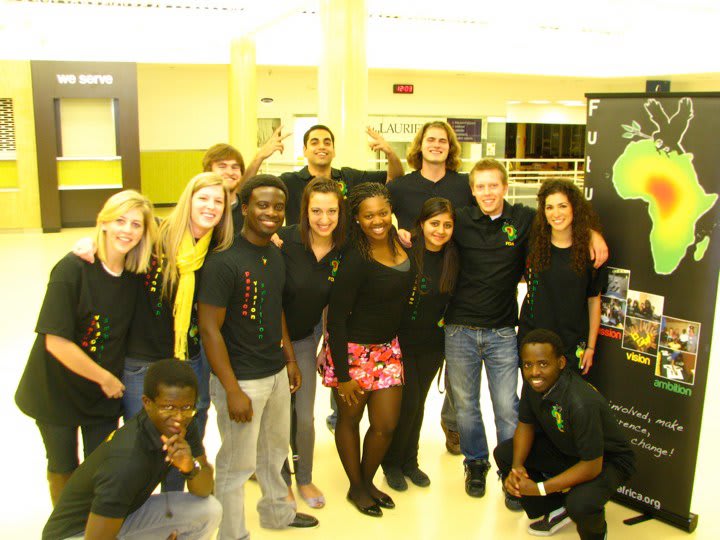
In Canada I had opportunities to participate in outdoor leadership camp programs, lead multiple university campus clubs, exercise my critical thinking and reasoning skills, and learn more about how to lead change. The average Ghanaian youth does not have access to opportunities such as these; and so I envisioned this community center as being a space for any young person to walk in and realize the world of possibilities.
-
Growing up in Ghana, if you are not born into a wealthy family and/or connected, your opportunities for the future are limited.
How did the vision for FOA change?
I was driving one Sunday morning and I saw this young boy lying next to the wall at Marina Mall in Accra. Initially, I drove past him as I was not sure what to do. I wanted to stop but I felt nervous and anxious. However, I began to feel quite guilty driving away from this boy; and so I turned around and went back. The young boy told me that his name was Bismark. Bismark told me that he was living on the street and had not eaten since the previous day. I decided to bring Bismark home, gave him some food and let him stay with me.
The following week whilst I was at work at Ashesi, my Mum took him to Social Welfare to see what help was available for him. However, a few days later I unfortunately found him back on the street. At this moment, I realized that there is a great need for support of street youth, especially if Social Welfare Services cannot address this problem. This experience caused me to realize that I needed to first understand the needs of those around me. Therefore, the dream of setting up a community center was not the forefront of my mind anymore. At this point, my vision became: how can I understand the needs of young boys who are surviving by themselves on the sidewalks of Accra?
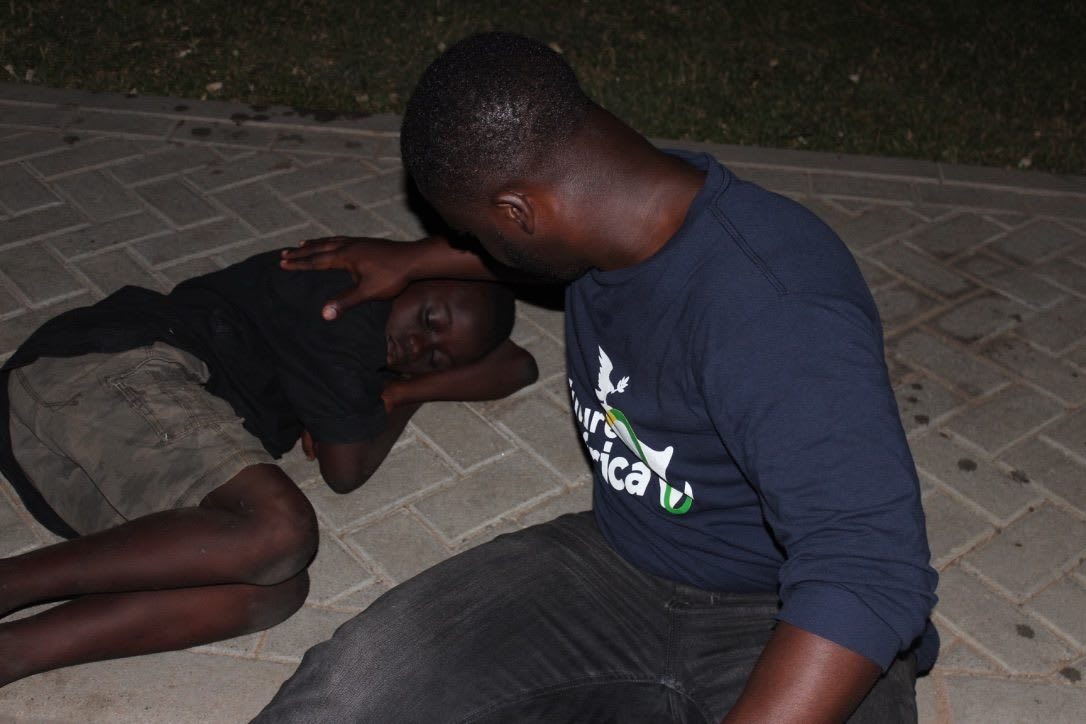
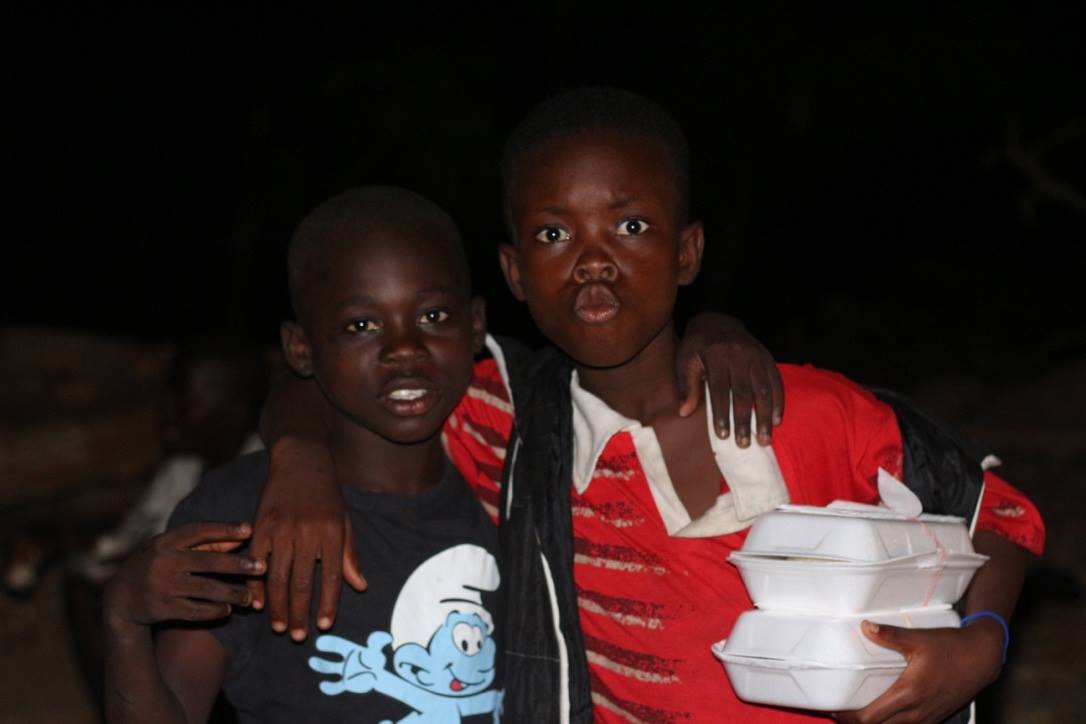
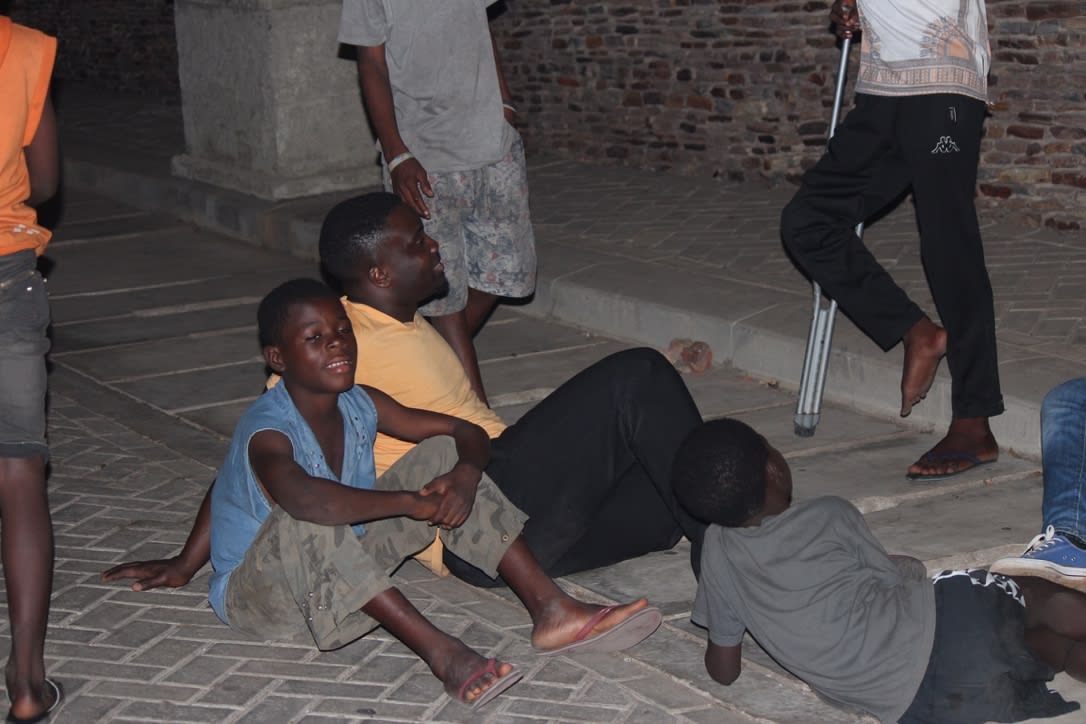
And so this is when you started to take action? You delved into trying to understand the needs?
Yes. The way I did that was going to the streets to hangout. Every Saturday evening I would make jollof rice and go hang out with the street youth. I found these interactions to be difficult, as the children were cagey and would not open up to me. Over time, I realized their behaviour was due to people taking advantage of them - even those who promise to help them often do not continue to show up. The street youth were protecting themselves and therefore did not want to talk to me.
At the time, they did not know I spoke Twi - so they did not know I could understand them when they commented, 'Oh this guy he’s gonna get tired of coming. Soon he won’t come anymore.' I took this as a personal challenge that I am going to show up every Saturday; I am not going to miss a Saturday. Over time, I believe that this built trust between us. Soon, the numbers at our hangout spot at Opeibea began increasing, so I realized I could not do it alone anymore. Meanwhile, I was working at Ashesi University. During this time, students would come to my office and they were talking about leadership and transforming Africa. I started telling them, 'Hey, we can’t be transforming Africa from the classroom only, we need to go out there and immerse ourselves in the nuances of leadership.' This is when Future of Africa street outreach became a thing, as students from Ashesi started coming out onto the streets on Saturday nights with me.
And initially were you making all the jollof yourself?
Yes, originally, I was! It was quite an experience! I would make about 8-10 packages of jollof each week. But as the numbers began to increase, some students helped in making jollof then I started buying the jollof from the Legon night market.
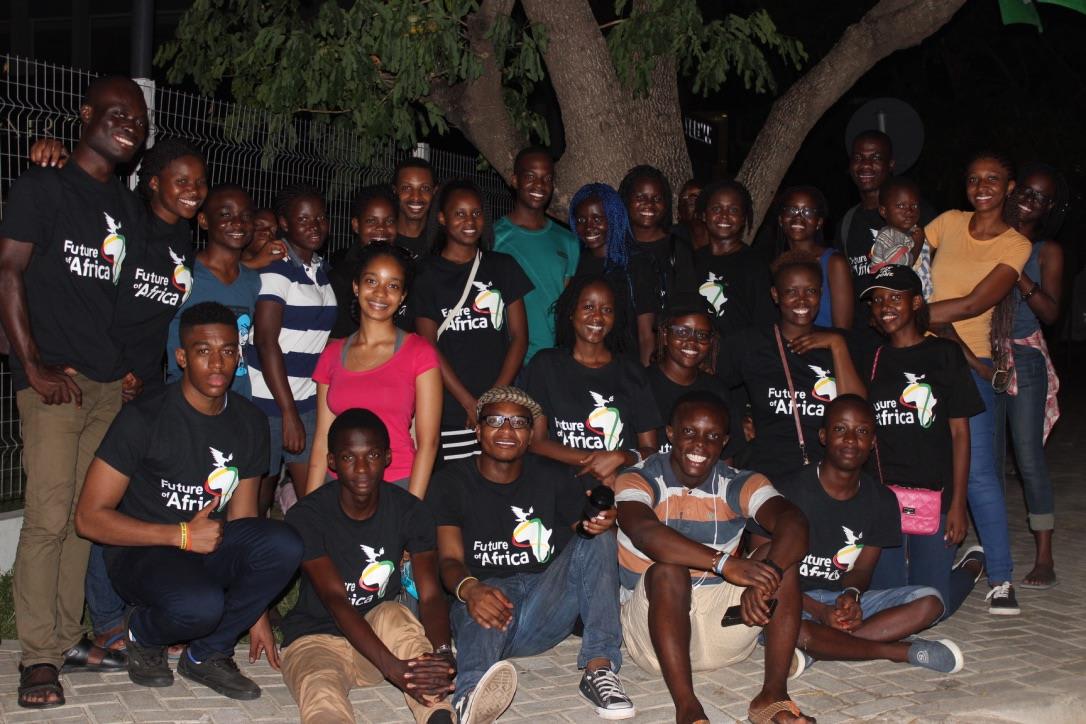
How did things progress as you became more aware of the needs?
There were two things that impacted me greatly during this time. The first was when one of the boys was shot. He had been coming to me saying he wanted to go to school, but he was quite chaotic and was not consistent in showing up, so it was hard to take him seriously. He was often in trouble for petty theft and had developed a reputation for himself. However, one day he was trying to cut some of the plastic sheeting from a billboard in order to build a shelter for himself to protect himself from the rain, when the police caught him. They asked him to get down and run, and he did, but according to him, as he was running away he was shot. He was taken to the hospital by a good samaritan, but sadly he died the following day. This was a significant turning point for me.
Secondly, I began to understand that many of the girls were being sexually assaulted on a weekly basis. This made me want to do more to help as the girls needed a safe space. My wife Nikki and I brought some of the girls home with us, but realized we cannot take all of them home. We needed to find a way to help more vulnerable girls. Nikki and I started asking ourselves, ‘Are we really doing this? Or is this something we are just doing on the side?’ We felt the need to do more. This meant I that I had to resign from my position at Ashesi University and go invest in this cause full-time. Then, we needed to find money to actually make this a full-time mission.
Around that time one of the boys, Peter, asked, ‘Are you are going to keep giving us food every Saturday, how is this going to transform our lives?’ This got Nikki and I thinking about the community center again. It is so interesting that the original plan was to set up a community center and it took a few twists and turns to come back to that original plan. This is when I began looking for places and secured our first space in East-Legon to serve the kids on the street. My growth in understanding just how vulnerable both the boys and the girls are on the streets fueled the original vision for the community center we have today, Norviwo.
-
Children in street situations are desperate to survive, belong, and be seen. We have a sacred responsibility to fill this void with love and opportunities for their growth.
Many people feel compassion for street children. Why did you believe it was important to not only feel compassion for the children but take action?
I thought about what it would take to change someone’s life. What would it take to move that person into a better place so that they do not end up back in the situation they were in? If my emotions and compassion does not translate into actions that help improve the quality of someone’s life, then what good is the compassion and emotion I will feel? I also think about my personal faith in very practical ways. I often reflect on the things Jesus did when he was on Earth. He fed, healed, and advocated for people. These are actions he took to improve others' lives. If I limit my faith to feelings and not taking actions that improve others' lives or change their state of well-being, then what's the point?
When I met Bismark, I felt unsettled, but at first, I was afraid to approach him since I did not know whether it was safe to park my Dad’s Mercedes Benz next to him. What if he or another person entered and robbed me? Yet, I felt convicted to act and test the belief I have that we are called to live life in ways that improved our communities; people. I went back and took a step in taking action. I believe in action beyond feeling the emotions. Also, I believe it is important to reflect on whether the actions you take to support an individual enables them to improve their situation or not. Every time I think about Future of Africa, I think about what actions can this organization take to help change the story of a child living on the streets - to improve the quality of life for their current and future family.
What are you hoping to see in the next five years as FOA continues to make progress?
I hope to see Future of Africa grow, to be able to set up a base in the United Kingdom as we have done in the United States and Canada. That way, we can further our mission and raise more money to build our campus. By campus, I mean a space equipped with inclusive educational and training facilities, recreational and wellbeing spaces. A space of healing and transformation for children and youth who've experienced immense abuse and brokenness. In the next five years, I hope we are 'breaking ground' in building our campus so that more kids are off the street and on the path to flourishing.
June 13th 2023
[Written by Becci Tamaklo]
